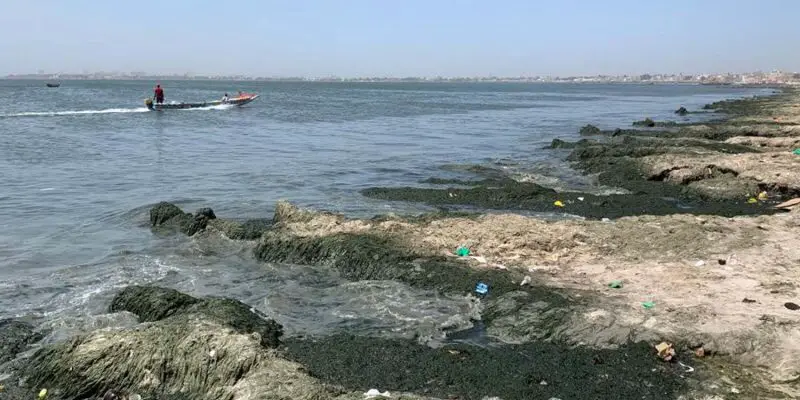Suez, a French environmental organization, will construct a wastewater treatment plant in Dakar, Senegal that will treat wastewater from nine municipalities while also helping to depollute Hann Bay and marine ecosystems.
The French conglomerate was entrusted with the project following an international call for tenders launched by the National Sanitation Office of Senegal (ONAS). The deal will be conducted in collaboration with Consortium d’entreprises (CDE), a Senegalese company based in Dakar.
About the Hann Bay wastewater treatment plant in Dakar
The Hann Bay wastewater treatment plant which will have a daily capacity of 26,000 m3 and a 3 km long outfall that will discharge the treated wastewater into the sea, will be located in Hann Bay, a crescent-shaped beach in Hann, a neighbourhood of Dakar located on the eastern side of the small south-facing peninsula on which the old city of Dakar was built.
The bay, which was once a tourist attraction, is now extensively polluted by effluents from homes and businesses. It is said that 60% of Senegal’s industries are located at Hann Bay, and they discharge their effluent into the bay, according to the French Development Agency (AFD). Pollution is also caused by the lack of a system for disposing of residential wastewater. Suez is expected to build an energy-efficient plant that employs fewer chemical reagents and produces fewer odours as part of its contract.
In order to improve the comfort of local people and to integrate the facility into the project area’s environment in a sustainable manner, the company plans to install an odour treatment system.
Also Read: Pont de Foundiougne the Longest Bridge in Senegal, Opened to Traffic
A 13-kilometre wastewater interceptor will be constructed as part of the project to clean up Hann Bay. The effluents will be delivered to the wastewater treatment plant in Dakar via the pipeline. The Senegalese authorities are likely to reform as well. The goal is to implement the principle of polluter pay. In practice, industries near Hann Bay will be required to pay for their effluent.
The projects cost and funding
The total cost of this liquid sanitation project, which will benefit 500,000 people in nine communes, is said to be 120 million euros.
The project will be financed through loans from the European Union (EU), the Netherlands Enterprise Agency (RVO), and the AFD, among others.

Leave a Reply